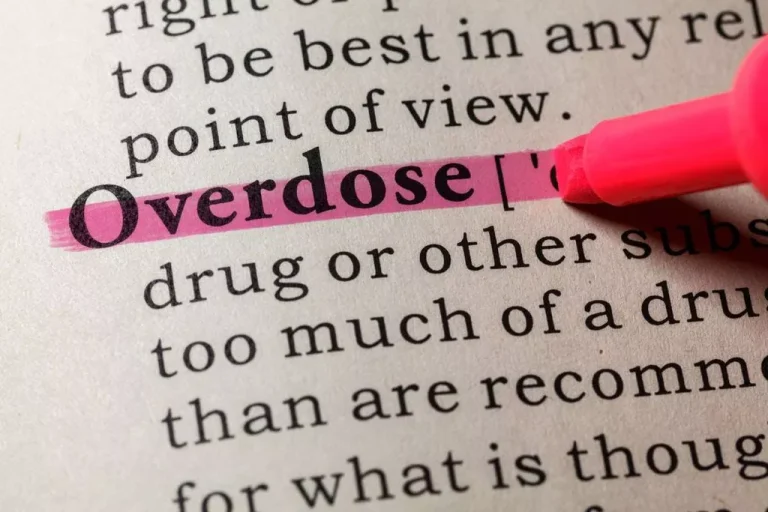
More frequently, complete abstinence from drinking is the preferred treatment, as the temptation to over-consume can be difficult for many. When your body becomes dependent on a substance like alcohol, it can react negatively when that substance is withheld. If you abstain from drinking for a few days and experience anxiety, depression, headaches, insomnia, or nausea, there’s a possibility you’re suffering from alcohol-related withdrawals. Our alcohol rehab in Pennsylvania offers treatment at an inpatient level of care, which includes everything from medically monitored detox to therapy to individual and group counseling sessions. We also offer family therapy for the loved ones of our patients to help them recover from the impact of alcoholism and help build a strong support system for the individual. According to the American Psychological Association (APA), alcohol abuse refers to a pattern of drinking that causes significant and recurrent adverse consequences, both physical and psychological.
Risk factors
By Buddy TBuddy T is a writer and founding member of the Online Al-Anon Outreach Committee with decades of experience writing about alcoholism. Because he is a member of a support group that stresses the importance of anonymity at the public level, he does not use his photograph or his real name on this website. Research has shown that the terminology used does, in fact, influence how people with a substance use disorder view themselves as well as how others view them. This change was made to challenge the idea that abuse was a mild and early phase of the illness and dependence was a more severe manifestation. People struggling with depression often feel isolated, profoundly lonely, and powerless.
WHAT IS THE DIFFERENCE BETWEEN ALCOHOL ABUSE AND ALCOHOLISM?
This article aims to clarify alcohol abuse vs alcoholism – how alcohol abuse differs from alcoholism, highlighting the telltale signs, impacts, and the necessary steps for those seeking assistance. By understanding the nuances between the two, individuals can better identify the problem at hand and find the appropriate pathways to recovery or support. The terms “alcoholism” and “alcohol abuse” are often used interchangeably. Although both refer to problematic drinking behaviors that can impact a person’s day-to-day life, there are certain distinctions to be aware of. Today, our Clearbrook rehab is sharing a comparison of alcohol abuse vs. alcoholism to understand their differences and help you identify their symptoms in others.
Support Groups

Both conditions can lead to an increased risk of co-occurring mental health disorders, necessitating treatment that addresses both substance use and mental health simultaneously. Alcohol abuse, as delineated by the National Institute on Alcohol Abuse and Alcoholism (NIAAA), refers to a pattern of drinking that results in significant and recurrent adverse consequences. Alcohol abuse can lead to Alcohol use disorder (AUD), a medical condition characterized by an impaired ability to stop or control alcohol use despite the negative social, occupational, or health consequences.
- Discover the truth behind “Does drinking alcohol cause hair loss?” Learn causes, effects, and recovery tips.
- Our levels of care include medical detox, inpatient rehabilitation and intensive outpatient programs (IOPs).
- Treatment for alcoholism and alcohol abuse is anchored in controlling cravings and withdrawal symptoms.
- Understanding these distinctions is crucial in identifying and addressing the specific challenges faced by individuals struggling with alcohol-related issues.
Over the long term, AUD may lead to serious health conditions, while worsening others. For example, any alcohol consumption by a pregnant person can be considered alcohol misuse, as well as drinking under the legal age of 21. Daily drinking can have serious consequences for a person’s health, both in the short- and long-term. Many of the effects of drinking every day can be reversed through early intervention.


But regardless of your genetic makeup, excessive drinking can also lead to a self-perpetuating cycle of alcohol abuse, triggering physiological changes that cause a dependence to form. Left https://ecosoberhouse.com/article/why-does-alcohol-cause-bruising/ untreated, alcohol abuse can quickly progress to a full-blown alcohol addiction. It’s not always easy to tell when occasional or moderate alcohol use becomes alcohol abuse or addiction.
- You shouldn’t attempt to drive or operate heavy machinery while under the effects of alcohol.
- Research has shown that the terminology used does, in fact, influence how people with a substance use disorder view themselves as well as how others view them.
- The Diagnostic and Statistical Manual of Mental Disorders (DSM) classifies various mental illnesses and disorders.
- The U.S. National Library of Medicine says about 18 million Americans have this condition.[1] Their drinking causes distress and harm to themselves and others.
It’s important to note that treatment approaches may vary depending on the severity of the alcohol-related problem and the individual’s unique circumstances. Consulting with healthcare professionals or addiction specialists is crucial to determine the most suitable treatment plan. By reaching out for help, individuals can access the necessary support and resources to overcome their alcohol-related distinguish between alcohol abuse and alcoholism challenges. Healthcare professionals, counselors, and support groups are available to provide guidance, education, and personalized treatment plans tailored to each individual’s needs. Outpatient treatment allows you to live a normal life while attending planned addiction treatment sessions. This approach is recommended for moderate alcohol addiction, sometimes following inpatient treatment.
Problem Drinking vs. Alcoholism
As drinking becomes a pattern, it may take greater and greater amounts of alcohol to produce the same effects. People may try to overcome their tolerance whenever they drink by consuming more alcohol. Alcohol abuse, also called problem drinking, occurs when drinking alcohol becomes an issue that creates negative consequences for a person. A doctor may also prescribe medications to help you manage withdrawal symptoms and support you in your effort to stop drinking. Benzodiazepines can help alleviate withdrawal symptoms, while naltrexone may help you manage alcohol cravings.
- If you or someone you know is exhibiting these signs, it’s important to seek help and support.
- Even though alcohol is legal in most places, it’s still a toxin, and a potent one at that.
While no longer separate diagnoses, it can be helpful to understand the differences between the two. “Dependence” refers to being unable to stop drinking without experiencing withdrawal symptoms while “abuse” refers to continuing to consume alcohol despite adverse consequences. Many patients don’t realize the toxicity of prolonged alcohol abuse and how it affects the body. Alcohol detox at the luxurious rehab addiction centers at Gratitude Lodge leeches your body of these toxins in preparation for successful treatment for drugs and alcohol abuse. Alcohol detox may not take as long or produce severe withdrawal symptoms, but it is still an essential beginning to your recovery.





